The union arguments for keeping schools closed don’t make much sense
So now we’re not trusting experts? The union push to keep schools closed goes against reason and science, writes John Rolfe.
Opinion
Don't miss out on the headlines from Opinion. Followed categories will be added to My News.
- Why new mums are being turned away from childcare
- Twiggy’s 10m tests to vanquish coronavirus in Australia
The state’s education department boss Mark Scott this week called out the hypocrisy of people who doubt expert advice that schools are safe while being fully committed to climate change science.
“You know, all summer, when we were surrounded by bushfires and smoke, the debate was we’ve got to listen to the experts and respect their expertise,” Scott told the ABC, which he used to run.
“Now, we have clear experts in immunology, we have clear experts in epidemics. They have gathered together. They are studying the research from around the world.
“I think we need to listen carefully to their advice that schools are safe”.
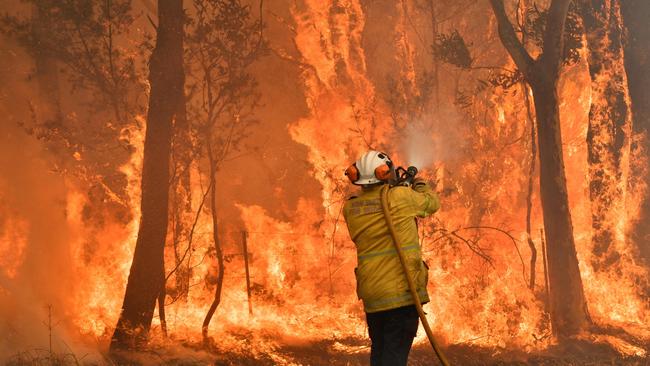
MORE OPINION
The isolation lessons worth taking back into normal life
Warmists using virus to push climate agenda
Point scoring and ideology have hijacked school debate
The body of evidence includes an investigation by Australia’s Centre for Immunisation Research into all 18 coronavirus cases in NSW schools which found no evidence of children infecting teachers and that schools are among the safest places to be.
Scott’s comments during Monday night’s Q&A were in response to a Victorian principal who said teachers were concerned about a study from Iceland that showed kids over 10 had similar infection rates to adults. She then referenced a “cluster school” in New Zealand, before saying “we do need to do further studies”.
The Auckland Marist College outbreak had been addressed earlier in the program by Australia’s deputy chief medical officer Dr Nick Coatsworth, who is a respiratory specialist and infectious diseases expert.
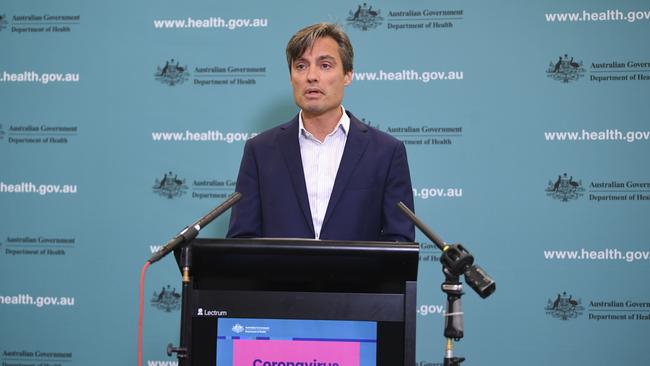
Coatsworth said he understood the cluster “related to a very large cultural celebration or a sort of mass gathering within the school.”
That would be its Tongan Fiafia night on March 14.
Does anyone really think there will be very large cultural celebrations at NSW schools in the foreseeable future?
Coatsworth also took on NSW Teachers Federation President Angelo Gavrielatos.
A viewer had asked Gavrielatos: “Why are teachers any different to any other group? How would it be if the checkout person, the cleaner, doctor, nurse decided they didn’t want to go to work? All of these groups have staffrooms, so don’t use that excuse.”
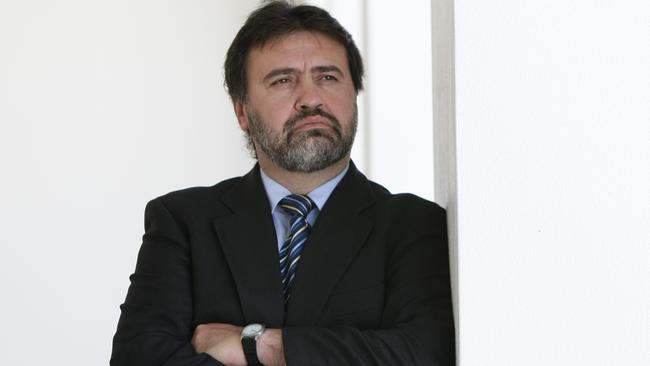
Gavrielatos answered: “I think teaching is a bit different, because what we see in any one worksite – a school – is, in some instances, 200 or more adults congregating together.
“I think that’s a bit different from what we see at the supermarket, for example, where the social distancing practices that are put in place are quite remarkable, including, in fact, now, perspex protectors in front of those serving at each checkout,” he said.
“Schools are very different. Levels of interaction are very different. And we’re talking about a lot of people on one site at any one time.”
Plus there were “contradictions with respect to the application of social distancing principles,” Gavrielatos said.
“We’ve been told that kids, for example, are not allowed to play in a public playground, yet, when it comes to a school playground – literally divided by a fence – somehow it’s okay.”
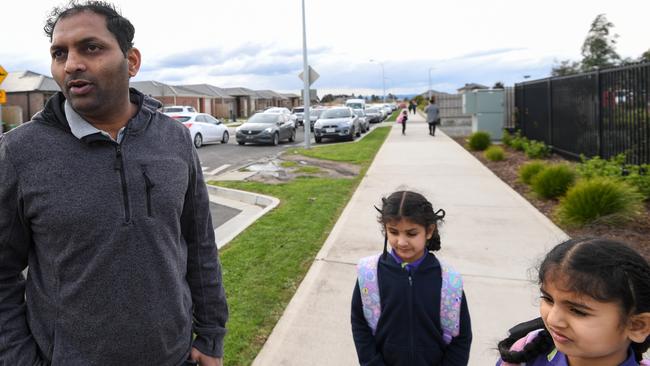
Coatsworth responded by saying “one of the contradictions in Mr Gavrielatos’s argument there is that Australians have been able to turn round this epidemic curve in a matter of weeks, and yet Angelo is suggesting that parents can’t appropriately physically distance at pick-up? That does not make a lot of sense to me.
“And the sort of selective cherrypicking of things like the public versus the school playgrounds – we’ve been very clear … the reason that it’s okay to have playgrounds in school is because you can clean them, because you can regulate them, because you can make them a safer place.”
What Gavrielatos hadn’t mentioned was NSW public schools are getting extra funding for a 25 per cent increase in cleaning shifts – at double-time.
I know this because I read it on the Teachers Federation website. It was claimed as a win by the unions.
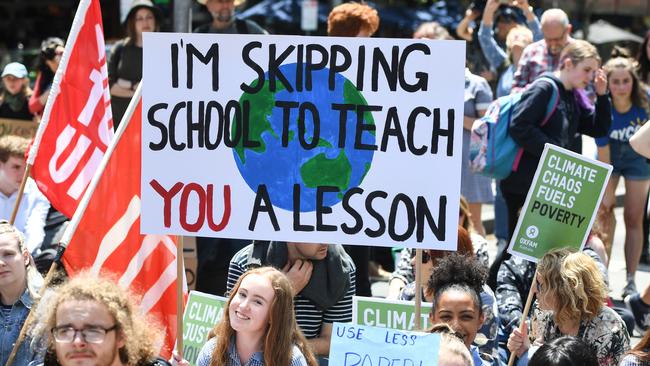
On the website I also read how the Federation supported the “student-led Global Climate Strike” last year aimed at convincing “recalcitrant leaders and representatives to reduce carbon emissions, introduce sustainable industries with secure employment, and guarantee drinking water and a stable food supply.”
It’s a pity some recalcitrant leaders and representatives in the education sector can’t be convinced that it’s safe to have children in classrooms being taught by teachers.
Yesterday I asked the Federation a series of questions, including when it wanted all kids back in school full-time and why it doesn’t accept the advice from epidemic experts.
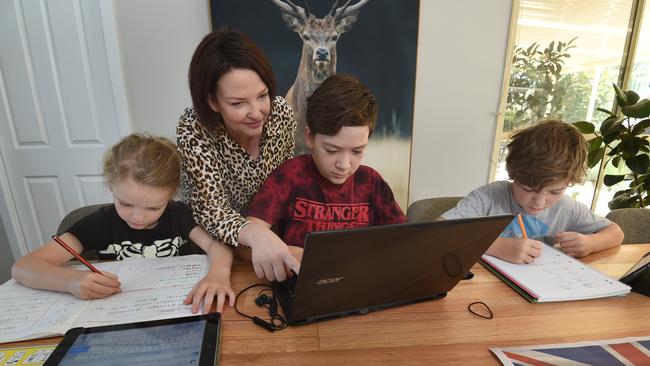
The full response from Gavrielatos was: “Throughout this crisis we have been motivated by one thing, ensuring the best we can to look after the health and safety of our students, teachers and principals – entire school communities.
“The lack of clarity, indeed contradictions in views expressed by health experts impacts on us all as we try to navigate through this crisis.”
About sixty per cent of Western Australian kids were in class on Wednesday, with schools fully open. NSW moves to one day a week on May 11.
Meanwhile, new university research for the federal education department shows up to half of Australian children could be adversely affected by the shift to remote learning.



